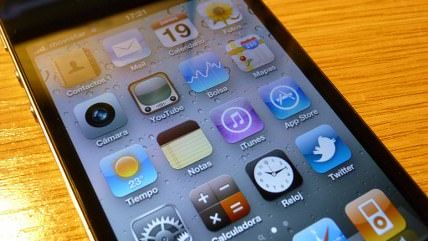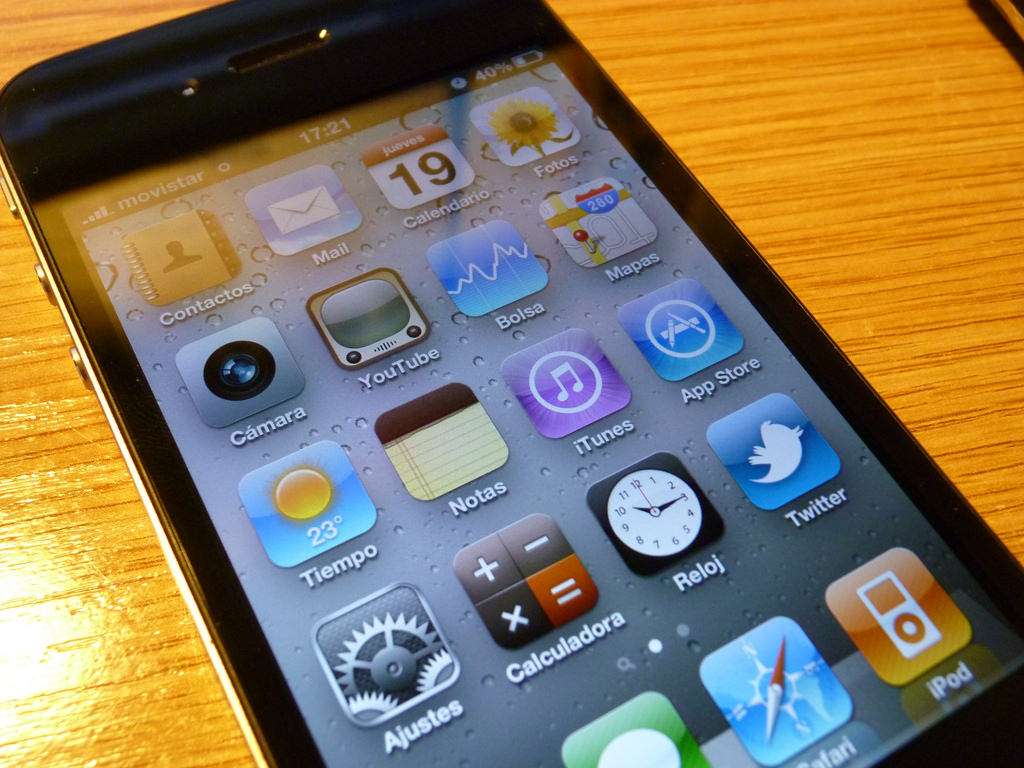Apple's New Marketing Plan: Screw the Police (UPDATE: Google Agrees)


What does it say about the state of Americans' relationship with their own government that its largest tech company can use the ability to conceal private information from authorities as a selling point?
Apple isn't really focusing on marketing its latest mobile operating system that way (they're more about bragging about how they don't sell info about your personal habits to advertisers), but they aren't shy about pointing out their resistance to rolling over and accepting government data demands. Observant tech journalists have noticed something big in their latest privacy notes. Apple has changed its encryption so that the company itself cannot access the data on its users' phones and iPads without the passcode. Thus, if police or the feds come to Apple with warrants to grab potentially useful private data off a device, they couldn't comply even if they wanted to. Ars Technica explains:
Previously, as we reported in May 2014, if law enforcement came to Apple with a seized device and a valid warrant, it was able to access a substantial portion of the data already on an iPad or iPhone. But under the latest version of iOS, even that will be impossible.
"On devices running iOS 8, your personal data such as photos, messages (including attachments), email, contacts, call history, iTunes content, notes, and reminders is placed under the protection of your passcode," the company wrote on its website Wednesday evening. "Unlike our competitors, Apple cannot bypass your passcode and therefore cannot access this data. So it's not technically feasible for us to respond to government warrants for the extraction of this data from devices in their possession running iOS 8."
To be clear, though, this is not perfect protection. The Washington Post notes that this won't protect data stored elsewhere, like on cloud services. So as certain naked celebrities have recently learned, if there's stuff on your phones or iPads you don't want other people getting their hands on, maybe don't send it up to the cloud.
UPDATE: Today Google announced that the next update to its Android operating system will also encrypt data by default. It already has optional encryption features, but few users seem to know how to use them.


Show Comments (33)